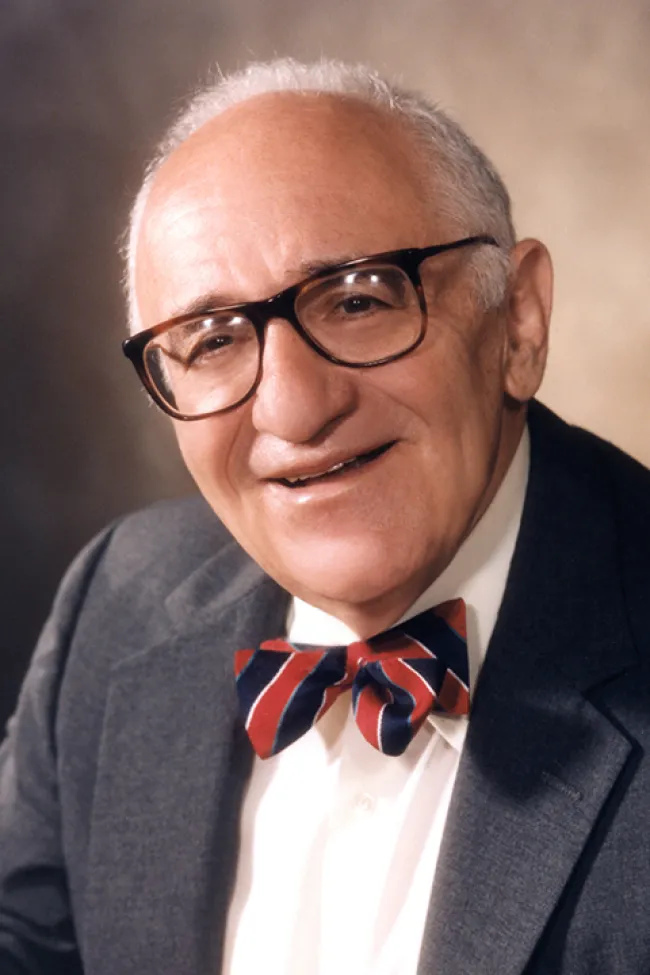- Downloads:
- View HTML Version
- What Has Government Done to Our Money 2024.pdf
- What Has Government Done to Our Money 2024.epub
- Qué ha hecho el gobierno de nuestro dinero — Spanish translation.pdf
- Hvad Har Staten Gjort Ved Vores Penge — Danish translation.pdf
- What Has Government Done to Our Money — Hungarian translation.pdf
- Hvad Har Staten Gjort ved Vores Penge_danish.pdf
- Related Content:
- What Has Government Done to Our Money?
Click here to get your free copy of What Has Government Done To Our Money?
When this gem first appeared in 1963, it took the form of a small paperback designed for mass distribution.
Innumerable economists, investors, commentators, and authors have learned from this book through the decades. After fifty years, it remains the best book in print on the topic, a real manifesto of sound money.
Rothbard boils down the Austrian theory to its essentials. The book also made huge theoretical advances. Rothbard was the first to prove that the government, and only the government, can destroy money on a mass scale, and he showed exactly how they go about this dirty deed. But just as importantly, it is beautifully written. He tells a thrilling story because he loves the subject so much.
The passion that Murray feels for the topic comes through in the prose and transfers to the reader. Readers become excited about the subject, and tell others. Students tell professors. Some, like the great Ron Paul of Texas, have even run for political office after having read it.
Rothbard shows precisely how banks create money out of thin air and how the central bank, backed by government power, allows them to get away with it. He shows how exchange rates and interest rates would work in a true free market. When it comes to describing the end of the gold standard, he is not content to describe the big trends. He names names and ferrets out all the interest groups involved.
Since Rothbard’s death, scholars have worked to assess his legacy, and many of them agree that this little book is one of his most important. Though it has sometimes been inauspiciously packaged and is surprisingly short, its argument took huge strides toward explaining that it is impossible to understand public affairs in our time without understanding money and its destruction.

No content found

Murray N. Rothbard made major contributions to economics, history, political philosophy, and legal theory. He combined Austrian economics with a fervent commitment to individual liberty.
The Bill of Rights transformed the Constitution from one of supreme and total national power to a partially mixed polity where the liberal anti-nationalists at least had a fighting chance.
The Bill of Rights transformed the Constitution from one of supreme and total national power to a partially mixed polity where the liberal anti-nationalists at least had a fighting chance.
Murray Rothbard recounts how during the French and Indian War (1754–63), Americans continued the great tradition of trading with the enemy.
Auburn, AL: Ludwig von Mises Institute, 1990.

